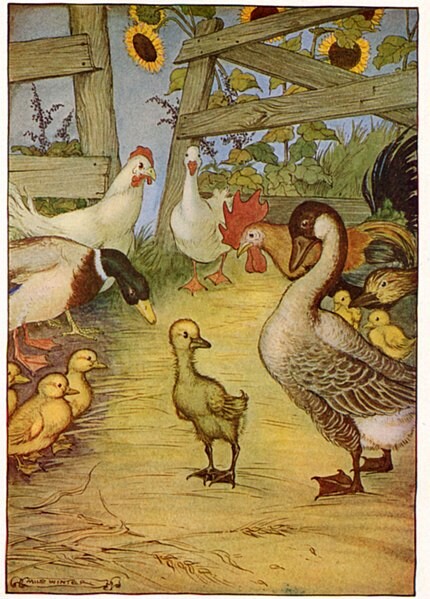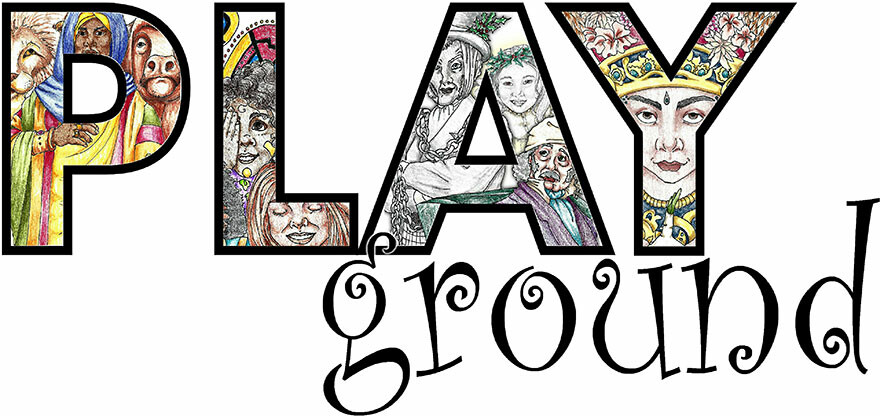The word “disability” carries a negative connotation, and I think the fact that it’s used so much as a way to describe people is problematic. I prefer the term “ability-positive,” which offers a realistic and constructive way of looking at different ability statuses in society.
When it comes to classifying theatre, “ability-positive” indicates a production that offers equal access to opportunities and celebrates all abilities within the presentation and execution. Stories that are ability-positive center around real or fictional characters with different ability statuses, not for dramatic reasons, like an abled character experiencing a new struggle, but simply to show humans, in all their complexities, who make up the fabric of our world.
I am a theatremaker with Asperger’s Syndrome, and, growing up, I rarely saw myself reflected in characters on stage or in other entertainment. I had to make do with seeing actors who did not have a differing ability status “own the challenge” of portraying a “disabled” character. I had Flowers For Algernon as the distinct “disability” play, and I couldn’t relate to an abled image of who I was in the character of Charlie Gordon.
“Ability-positive” indicates a production that offers equal access to opportunities and celebrates all abilities within the presentation and execution.
Through my love of classic film, I found The Miracle Worker and was taken by the way Helen Keller and Annie Sullivan were portrayed, but also how they were seen. I loved the moment where Annie holds Helen to the same standards as everyone at the dinner table and advocates for their shared humanity by asking that Helen’s parents discipline her. I saw the ability-positivity in Annie’s order: Helen was just a kid who was misbehaving and needed to be held accountable.
Later, I became familiar with Children Of A Lesser God. What I loved about Marlee Matlin’s character, a Deaf woman, was that she rejected an able society’s demands that she sign; she wanted to be respected for who she was. As a teenager, I could relate to that; I didn’t want to fall into the stereotypes of what someone with Asperger’s was like, I wanted to be who I was authentically. I had a hero in Marlee’s character. I also had Shelby Eatenton Latcherie from Steel Magnolias, who wasn’t going to let diabetes stop her from living her life and pursuing her goals—even though everyone was scared for her, wanted to protect her, and idolized her for living her life despite it all. I longed for an image that represented me.
During this time, I found and starting working in theatre. After college, when I had owned the fact that Asperger’s was a part of me that I could not change, a friend of mine, Allison Garrigan, started a professional children’s theatre company in Cleveland called Talespinner Children’s Theatre. There, local playwrights, actors, and directors could create original plays for children that celebrate the world and all its beautiful complexities through multicultural, respectful folktales.
A couple of years ago, Talespinner started a new plays workshop series called PLAYground. I thought about writing an ability-positive play that would center around a character with a different ability status, what I had longed to see portrayed. I thought about one of my favorite folktales growing up, Hans Christian Andersen’s The Ugly Duckling, the story of a duckling who was thought to be ugly by others, but, in a happy ending, finds out he’s a swan. I thought about how Andersen was said to have had Asperger’s Syndrome, like me, except his time period didn’t have that medical term, just “eccentric” and “awkward.” I thought about how people with differing ability statuses are treated as ugly, and how some, like myself, are prone to internalize that feeling each time we experience it. I also thought about conformity and the unrealistic expectations created by perfectionist standards, which are impossible for anyone with differences to live by.




Comments
The article is just the start of the conversation—we want to know what you think about this subject, too! HowlRound is a space for knowledge-sharing, and we welcome spirited, thoughtful, and on-topic dialogue. Find our full comments policy here
Great one!
Thank you!
Thank you!
Hey Tim, loved what you wrote and how you're making the personal public. I hope your Ugly Duckling continues reach young people in your community there -- and that you keep the faith. Great to hear/feel your voice in this essay.
Sorry it's taken me this long to get back to you- thank you so much for your kind words! I try to write relatable articles as I try to relate. Glad it impacted you.
Thank you for the article! It is so good to be reminded that other artists with disabilities are creating work.
Hi Kitty,
Sorry it has taken me this long to get back to your comment. Thank you for your comment. It is good to be reminded that we are creating work. I do read your articles on here, and I love your analytical criticisms.